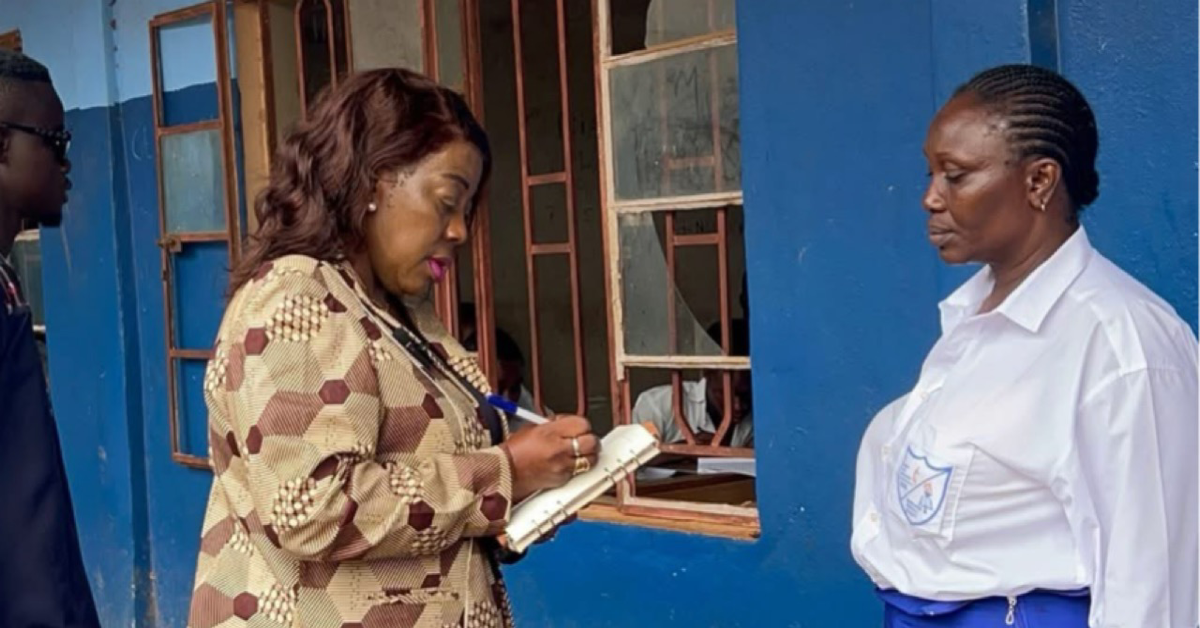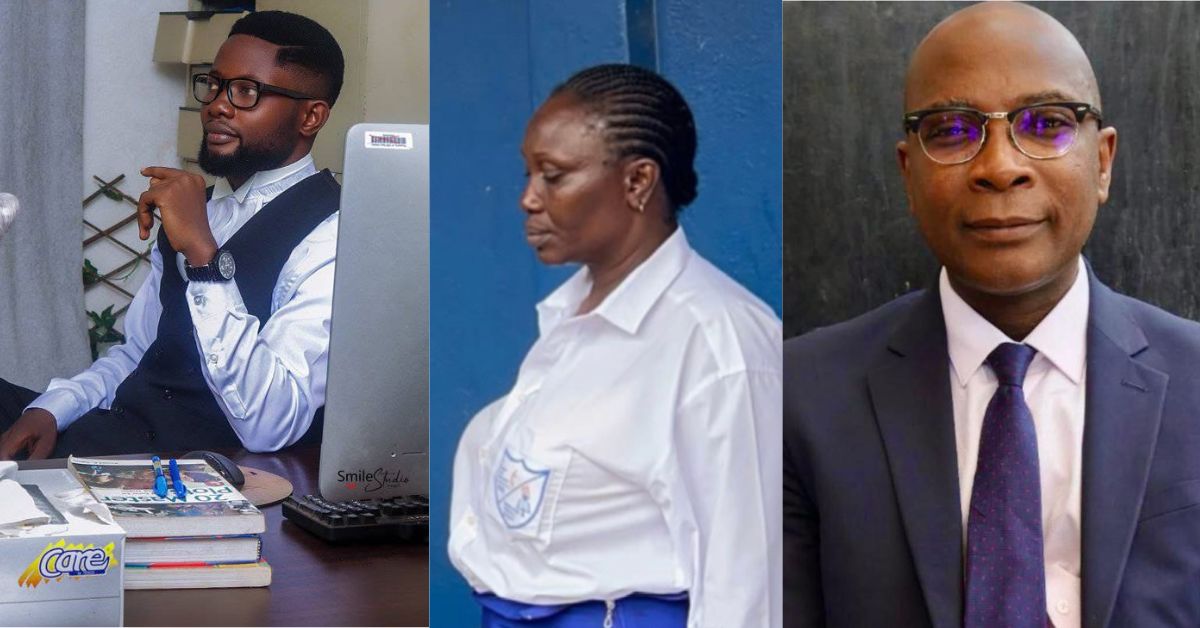A prominent Lawyer and CEO of The Good Heart Foundation Sierra Leone, Jonathan Abu Kargbo Esq., has issued a formal request for the Minister of Basic and Senior Secondary Education, Conrad Sackey to issue a public apology to 45-year-old WASSCE candidate.
The appeal came in response to the public humiliation of the 45-year-old female candidate who recently sat for the West African Senior School Certificate Examination (WASSCE).
In a letter addressed to Minister Sackey, Kargbo expressed his deep concern about the incident, which has garnered widespread condemnation on social media and beyond. He described the ridicule faced by the candidate as not only a personal affront but also a reflection of the moral decay within the educational system.

“This incident has brought not only shame upon an individual striving for personal advancement, but also disrepute to the moral conscience of our educational system,” Kargbo stated.
The lawyer stressed on the importance of lifelong learning, particularly for women who often face additional societal challenges. He noted that the public shaming of the candidate, who is likely a mother and a wife, has violated her basic human rights. “Only God knows the extent of psychological trauma and social stigma she is enduring at this very moment,” Kargbo wrote.
He expressed concern that such actions could deter individuals from pursuing education, stating, “Her dreams may now lie in ruins due to this act of institutional insensitivity.”
Kargbo also referenced a similar incident involving the current Commissioner of the Anti-Corruption Commission, who publicly reprimanded teachers over allegations of examination malpractice. He argued that while those actions may be intended to uphold accountability, they often cross the line into inhumanity. “Such acts… degrade the very citizens we are obligated to protect,” he said.
The lawyer’s letter calls for the Ministry of Basic and Senior Secondary Education to respond with “moral clarity and institutional humility.” He insists that a public apology is essential, not just for the individual affected, but for setting a precedent on how society treats its vulnerable members. “If we, the public, remain silent in the face of injustice, we risk normalising such indignities until they are directed at us or our loved ones,” Kargbo warned.
Kargbo concluded his letter by urging the Ministry to take the matter seriously, emphasizing that a public apology would be a courageous act of accountability and a necessary step toward restoring trust and dignity within the educational framework.


 8 Comments
8 Comments 









That right
The minister need to apologize and the deputy minister should sack immediately, because she is against the police ot the government every day and then you here the chief minister saying “RADICAL INCLUSION” so what wrong if a 45years woman sat to WASSCE examination 2 to 3 years ago the government celebrated a person who sat to NPSE at the age of 73 they said the free quality education is working.
This government lack the intelligence of moral consciousness
Thank you very much sir, God bless you 🙏 she suppose to apologise and respect to this woman, u so call deputy ministry of education u na big big disgrace into woman’s society.. e totally wrong watin u do so.. AAA salone, we nor lek we sef.. y u uh na campaign of free education… u wan say d woman nor get right 4 sit wassce? Na dis wi kin tok always, put d right posin na d right position.. u need 4 quit from dat office u nor deserve it
The WAEC woman stupid and arrogant. She must resign.
This act shows lack of job ethics.
We know the Minister will not take the lying down.
This is a public pull down to the highest degree, we saw a 45yrs old male student with 4 wife’s south easterner sat to NPSE. What’s wrong if adults choose to sat to public exams? Some dropped out of school because of poverty. Above all, the flag ship project of this current administration is education for all. The ministry of education owes an apology to these student.